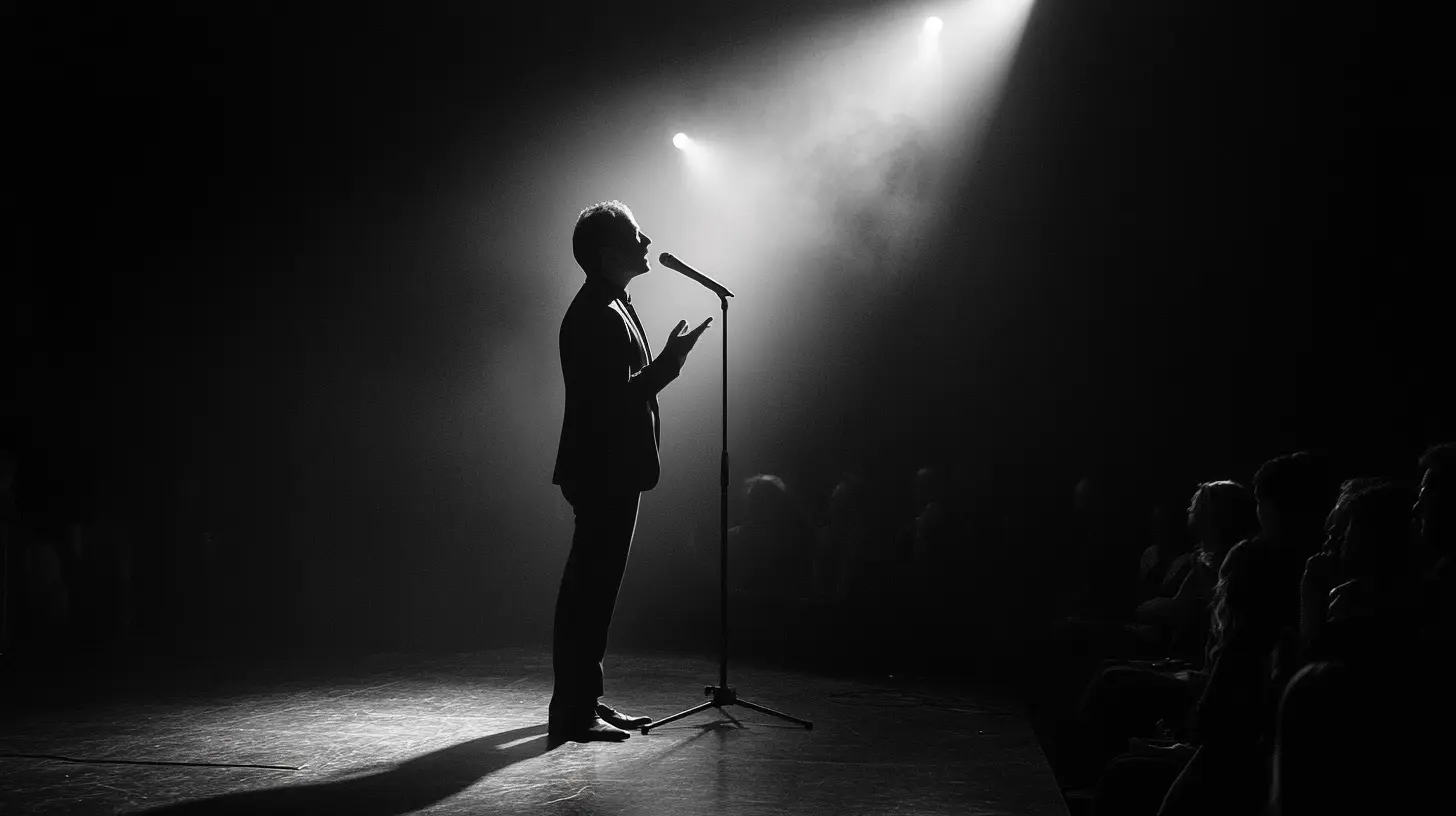Whether you’re hosting a podcast, booking a speaker for a festival, organizing a corporate event, or arranging a TED-style talk, the most powerful tool you have to engage and captivate your audience is storytelling. A compelling narrative can turn a standard presentation into an unforgettable experience. It helps your audience connect, learn, and leave with a lasting impression.
What makes storytelling such an essential ingredient for audience engagement, and how can you leverage it in your events or programs? In this article, we’ll explore the importance of storytelling and how it can help ensure your audience remains engaged, entertained, and inspired.
Why Storytelling Matters for Your Audience
At the core of every great speaker is a story—a relatable, emotional, and meaningful narrative that elevates their message and connects with the audience on a deeper level. The truth is, storytelling isn’t just for writers or performers—it’s for anyone tasked with keeping an audience’s attention.
Think about your own experiences at events or presentations. What do you remember most? It’s often not the facts or figures, but the stories that made the content come to life. Whether you’re booking a podcast guest, a keynote speaker for a festival, or an event presenter, the power of storytelling can transform even the most complex ideas into engaging, understandable concepts. Stories help your audience feel something, making the message stick.
Why Storytelling Captivates Your Audience
Storytelling creates a human connection, something that raw data and facts often can’t achieve. It helps your audience not only understand but also emotionally engage with the subject matter. This is especially important in any event where you’re trying to convey knowledge or spark an emotional response.
Here’s why storytelling has such a profound impact:
- It evokes emotion: A good story resonates with listeners, sparking feelings of empathy, humor, or inspiration. As an event organizer, you can curate experiences where the emotional connection amplifies the overall impact of your program.
- It simplifies complex ideas: For events like lectures, conferences, or even corporate seminars, storytelling allows speakers to break down complex information into digestible, relatable pieces. By sharing stories or case studies, speakers can make abstract ideas feel more concrete and accessible to your audience.
- It boosts engagement: People naturally remember stories far longer than they do lists of facts. When speakers use storytelling, they create a journey for the audience to follow, making the experience interactive and immersive.
How Storytelling Keeps Your Audience Engaged
When you plan an event, engagement is key. Your goal is to keep your audience involved and interested, whether they’re at a live conference, tuning into a podcast, or participating in a festival. Here’s why storytelling is the ideal way to capture—and keep—their attention:
- A compelling narrative creates suspense and curiosity: Every great story has a hook—something that draws the audience in and makes them want to hear what happens next. That suspense keeps people listening, watching, or participating. Whether you’re hosting a workshop, corporate meeting, or TED-style talk, storytelling provides the natural arc that keeps the audience captivated.
- It builds a relationship: Storytelling allows your speakers to establish trust and rapport with your audience. When the audience feels like they are being let in on a personal story or journey, they are more likely to remain engaged and receptive. This can be particularly important in settings like workshops or academic discussions, where trust is essential to fostering an open dialogue.
- It promotes retention: The power of storytelling lies in its ability to help people retain and internalize information. Whether it’s a motivational speech or an educational session, incorporating storytelling increases the likelihood that the audience will remember key takeaways. As an event organizer, consider how storytelling can enhance the educational or motivational value of your programming.
How to Ensure Storytelling Enhances Your Event
The secret to a truly captivating event lies in selecting speakers who can deliver powerful stories. But even beyond choosing the right individual, here’s how you can facilitate storytelling as a key part of the event:
- Incorporate storytelling into the program’s structure: Think about how you can encourage speakers or performers to use storytelling in their talks. Whether it’s framing a conference presentation, shaping a podcast discussion, or organizing a festival talk, integrate storytelling as a central technique to ensure maximum engagement.
- Curate speakers who understand your audience’s needs: The most effective storytelling doesn’t just entertain—it’s tailored to the audience. When selecting speakers, make sure they are capable of adapting their stories to resonate with the specific group you’re targeting. Whether they’re addressing students, corporate professionals, or creative individuals, the story should reflect the audience’s interests and emotional triggers.
- Focus on the emotional connection: A well-told story isn’t just informative; it’s emotional. Ensure that the stories shared during your events or podcasts connect with your audience’s feelings and experiences. The goal isn’t just to inform but to inspire, excite, and challenge them.
Conclusion: The Power of Storytelling in Your Event
At the heart of every great event is a story waiting to be told. By choosing to focus on storytelling as a central element of your programming, you ensure that your audience doesn’t just attend—they engage. The emotional connection made through storytelling makes your event memorable and impactful, whether you’re hosting an intimate corporate seminar, a festival with guest speakers, or a TED-style conference.
Storytelling is not just a tool for speakers, but for those who curate experiences for their audiences. By understanding its power, you can make your events more compelling, engaging, and unforgettable. When you focus on the art of storytelling, you turn an ordinary gathering into an extraordinary experience that leaves a lasting impact on everyone involved.
